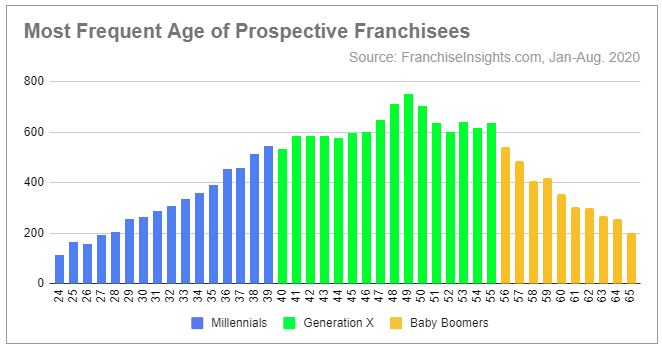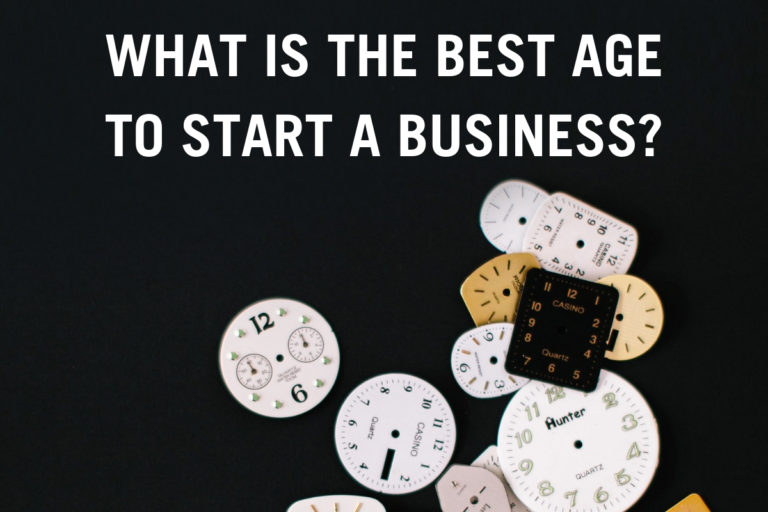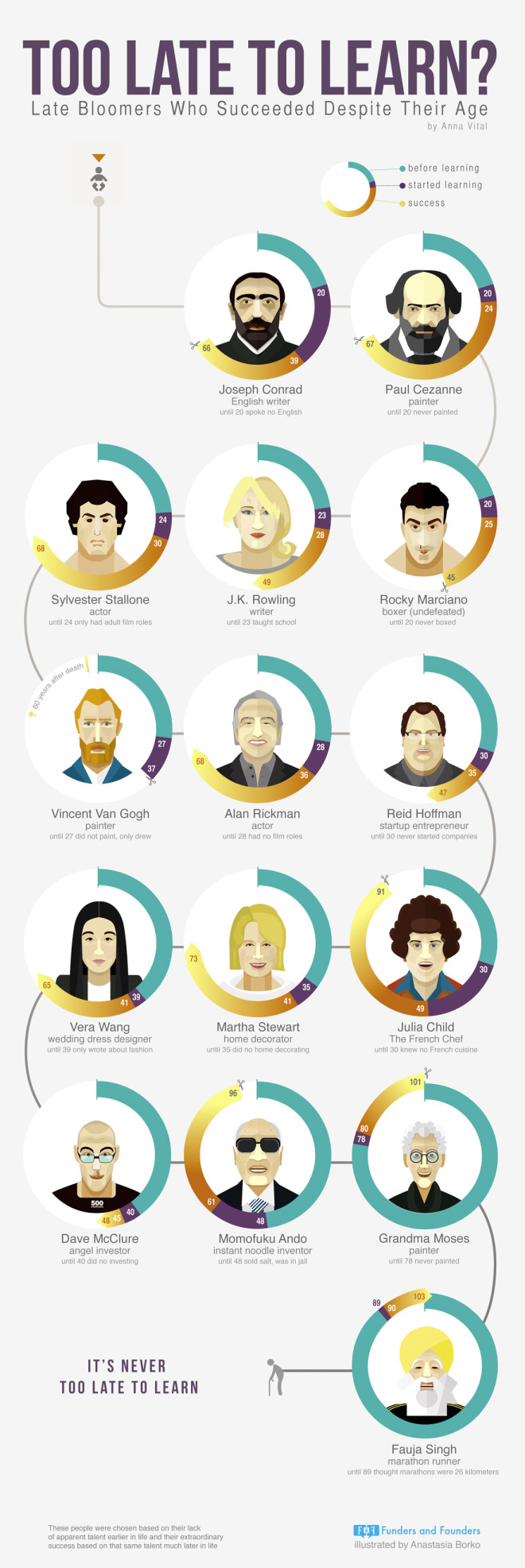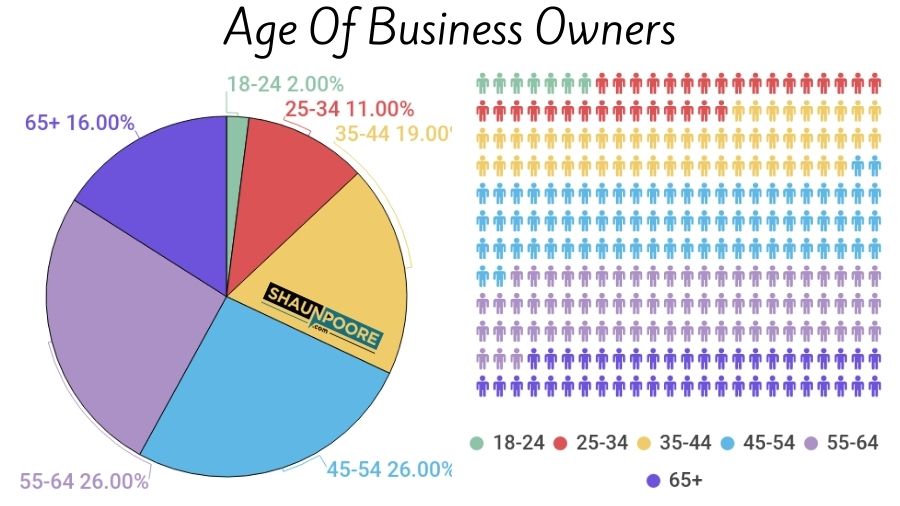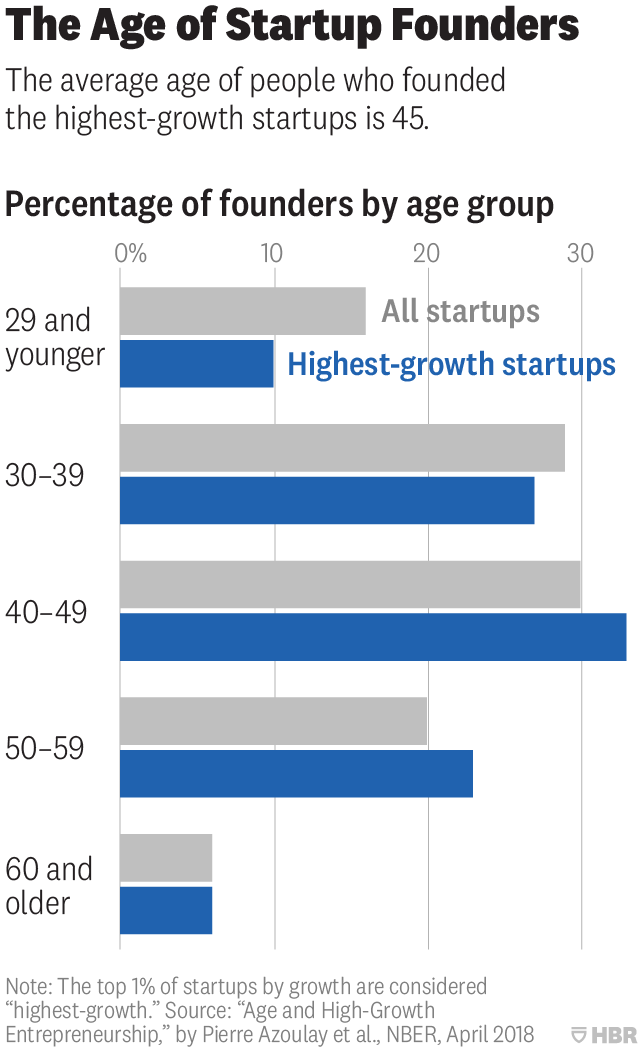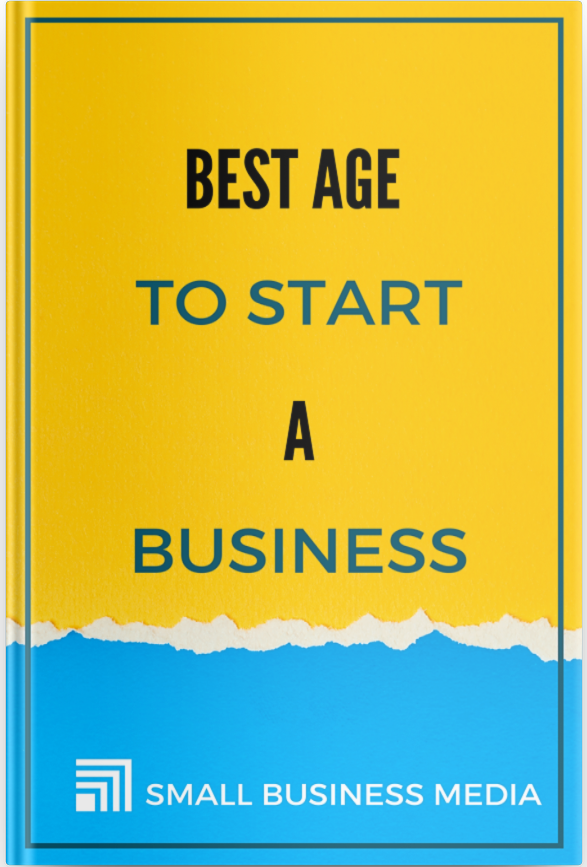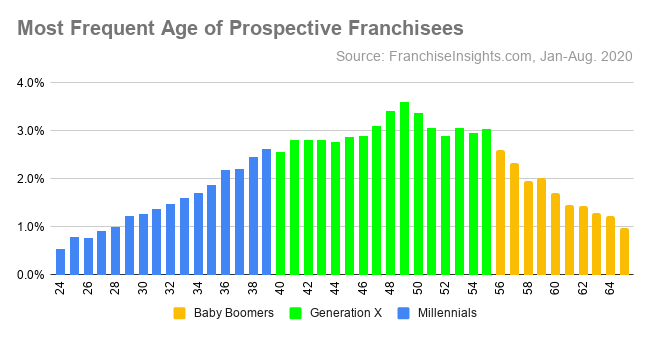What's The Best Age To Start A Business
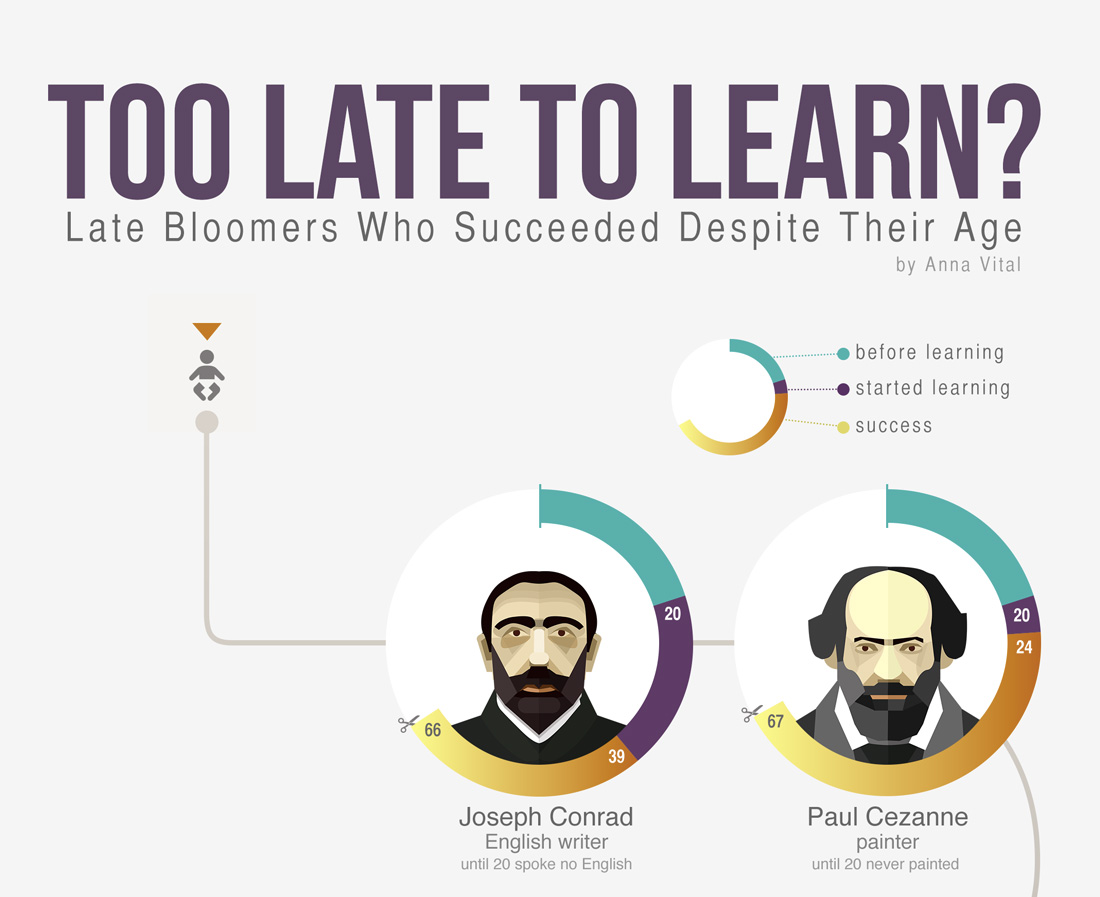
So, you've got the entrepreneurial itch, that burning desire to build something from the ground up. Fantastic! But a nagging question likely lingers: Is now the right time? Is it better to dive in headfirst while you're young and full of energy, or wait until you've accumulated more experience and capital?
This isn't just about gut feelings; it’s about weighing the realities of starting a business at different stages of life. We're here to guide aspiring entrepreneurs – especially those taking their first leap – through the maze of factors that determine the ideal launchpad for their ventures.
Why Your Age Matters (But Isn't Everything)
Let’s be clear: there's no magic number. Success stories sprout at all ages. However, understanding the unique advantages and disadvantages that come with different life stages can significantly increase your odds of success.
Youth brings boundless energy and a willingness to take risks. Later years often offer financial security and extensive professional networks. The key is understanding your personal circumstances and playing to your strengths.
The Age Spectrum: Weighing the Pros and Cons
The Young Gun (18-25)
Energy, tech-savviness, and a fresh perspective are your superpowers. You're less likely to be bogged down by commitments like mortgages or families, allowing for greater flexibility. Failure is often viewed as a learning experience, not a catastrophe.
However, you might lack experience, capital, and a solid professional network. Securing funding can be challenging, and navigating the complexities of running a business requires rapid learning.
The Rising Star (26-35)
This is a sweet spot for many. You've likely gained valuable work experience, built a network, and have a clearer understanding of your industry. You may also have some savings to invest in your business.
The pressures of career advancement and potential family commitments can be a challenge. Balancing a startup with existing responsibilities requires careful planning and time management.
The Seasoned Pro (36-50)
Years of experience, a well-established network, and potentially significant financial resources are your assets. You've seen what works and what doesn't, giving you a strategic advantage. Credibility is often easier to establish.
You may be more risk-averse and hesitant to leave a comfortable career. Adapting to new technologies and embracing the fast-paced startup world can be a hurdle.
The Encore Entrepreneur (50+)
Decades of experience, a vast network, and often significant financial security are your strengths. You have a deep understanding of the market and the ability to leverage your expertise. Building a legacy might be a primary motivator.
Energy levels might not be what they once were, and adapting to new technologies can be a challenge. Overcoming ageism and proving your relevance in a rapidly changing market requires strategic positioning.
Comparison Table: Age & Entrepreneurial Suitability
| Age Group | Pros | Cons | Ideal Business Type | Risk Tolerance |
|---|---|---|---|---|
| 18-25 | High energy, tech-savvy, adaptable | Lack of experience, limited capital | Tech startups, online businesses, creative ventures | High |
| 26-35 | Work experience, growing network, some savings | Competing responsibilities, career pressures | Service-based businesses, consulting, small retail | Medium |
| 36-50 | Extensive experience, strong network, financial resources | Risk aversion, adapting to new technologies | Established industries, franchises, consulting | Low to Medium |
| 50+ | Deep expertise, vast network, financial security | Lower energy levels, adapting to new technologies | Consulting, coaching, specialized services, legacy businesses | Low |
Real-World Examples: Success at Every Age
Colonel Sanders was in his 60s when he franchised Kentucky Fried Chicken. Mark Zuckerberg launched Facebook in his early 20s. These stories prove age is just one piece of the puzzle.
Sara Blakely founded Spanx in her late 20s. These examples highlight that passion, resilience, and a great idea can triumph at any age.
Used vs. New: Capitalizing on Resources
Used Opportunities:
Acquiring an existing business can provide instant cash flow, a customer base, and established processes. This can be less risky than starting from scratch, especially for those with limited resources.
However, you're inheriting the previous owner's baggage – potentially including outdated technology, unhappy employees, and a tarnished reputation. Thorough due diligence is crucial.
New Ventures:
Starting a business from scratch allows you to build it your way, with your vision and values at the core. You have complete control over the brand, culture, and operations.
The startup phase is often more challenging and requires more capital upfront. Building a customer base and establishing a reputation takes time and effort.
Reliability Ratings by Sector (Examples)
Tech startups, while potentially high-growth, are inherently risky. Franchises often offer a more predictable path, but require adherence to strict guidelines. Consulting services can be highly profitable if you have a strong reputation.
Consider the industry's overall stability and your own risk tolerance. Researching the long-term prospects of different sectors is crucial.
Checklist: 5 Must-Check Features Before Taking The Leap
- Market Research: Is there a real need for your product or service?
- Financial Plan: Can you realistically fund your startup and sustain it through the initial lean period?
- Legal Structure: Have you chosen the right legal structure for your business (sole proprietorship, LLC, corporation)?
- Team (if applicable): Do you have a reliable team with complementary skills?
- Exit Strategy: How do you plan to eventually exit the business (sell, pass it on, etc.)?
Key Takeaways: It's About You
Ultimately, the best age to start a business is when you have the passion, resources, and a solid plan. Don't let age be a limiting factor.
Carefully consider your strengths, weaknesses, and risk tolerance. Create a strategy that aligns with your personal circumstances and your business goals.
Remember, success is not guaranteed, but with preparation and perseverance, you can achieve your entrepreneurial dreams at any age.
Ready to Take the Plunge?
Now that you're armed with this knowledge, take the next step! Research your market, develop a business plan, and connect with other entrepreneurs. The journey may be challenging, but the rewards can be immense. Good luck!
